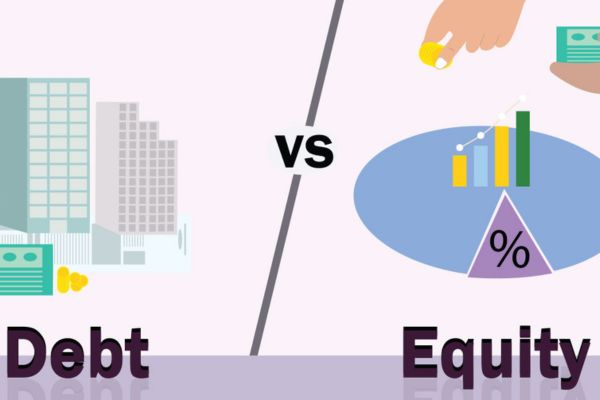
A Fair valuation in Mergers and Acquisitions plays a critical role because it serves as the foundation for informed decision-making. At Kick Advisory, we believe understanding a company’s net worth is essential to drive successful outcomes. A fair valuation highlights financial strengths, identifies potential risks, and uncovers growth opportunities, ensuring all parties are on the same page. This transparency fosters trust and sets the stage for seamless negotiations. Whether you're exploring a merger or planning an acquisition, Kick Advisory provides expert guidance to help you make strategic, data-driven decisions, positioning your business for sustainable success in a competitive market.
What are Mergers and Acquisitions?
Mergers and acquisitions (M&A) happen when two companies join together in some way. Although people often use "merger" and "acquisition" as if they mean the same thing, they are actually different.
In a merger, two companies of about the same size come together to form a new company. On the other hand, an acquisition happens when a company takes over another one, absorbing its business.
Mergers & Acquisitions deals can either be friendly, where the acquiree company agrees to the deal, or it can hostile where acquirer makes a public offer directly to shareholders bypassing the Board
Importance of Fair Valuation in M&A
Key points on why a fair valuation report is important in M&A:
- Fair Price Determination: Valuation helps to figure out a company's intrinsic value, which makes sure that both sides are getting a fair price.
- Informed Decision-Making: By knowing the worth of a company, buyers can make better decisions about whether to go ahead with the deal and what price is fair.
- Negotiation Leverage: A good valuation report gives you solid reasons to support your price in negotiations, and that will protect you from overpaying or walking away from a deal because the worth of the business has been misunderstood
- Investor Confidence: Fair valuations build trust with investors by showing that the company buying is being open and making smart choices.
- Regulatory Compliance: In most cases, a proper valuation is required for legal paperwork and approvals during mergers and acquisitions (M&A).
- Synergy Analysis: Valuation reports help understand how well the two companies might work together, which can affect the overall value of the deal.
What tools are used in valuation process for M&A:
- Comparable Company Analysis: This means looking at other companies that are similar to the one you're interested in, especially those that are publicly traded. You compare their business models to get a sense of how the target company might perform.
- Discounted Cash Flow (DCF) Analysis: DCF affects predicting how much money the company will make in the future and then figuring out how much that money is worth today.
- Precedent Transaction Analysis: Here, you study past deals where similar companies were bought or sold. It helps to understand the price at which those companies were valued.
- Asset-Based Valuation: Figure out how much a company’s physical assets (like buildings, equipment, and land) are worth.
Consequences of inaccurate valuation:
- Overpaying for a company: If the company you're buying is valued too high, you might end up paying more than it's worth. This could hurt your profits and shareholders' returns in the short terms as it lengthens your pay back period.
- Missed opportunities: If you undervalue a company, you might miss out on a chance to achieve something valuable.
- Legal disputes: If either side feels the valuation is unfair, it could lead to arguments and even lawsuits.



















